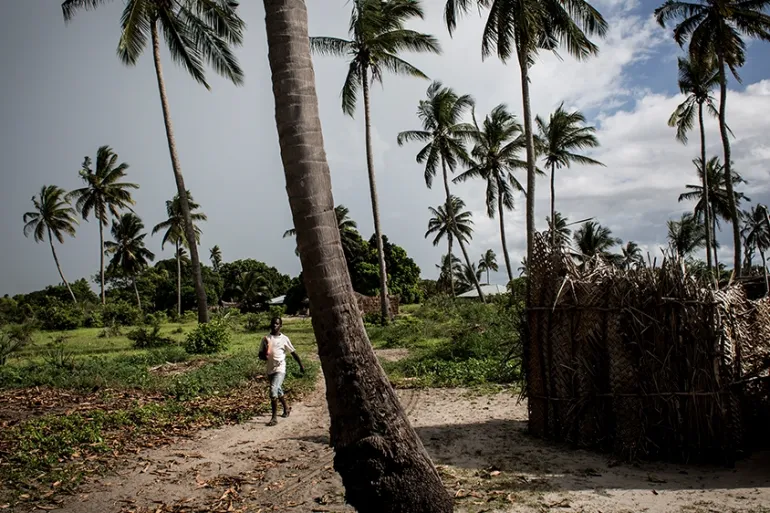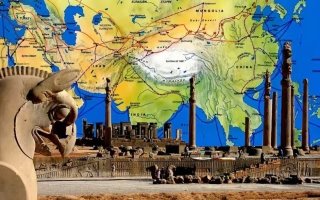lettersforvivian.org – Mozambique, a country located in southeastern Africa, has been on the cusp of a significant economic transformation since the discovery of vast natural gas reserves off its northern coast in 2010. These reserves, estimated at around 100 trillion cubic feet (Tcf), position Mozambique as Africa’s third-largest holder of proven natural gas reserves, after Nigeria and Algeria. The potential for these resources to drive economic growth and development is immense, but the path to prosperity is fraught with challenges.
The Discovery and Potential
The discovery of these gas reserves has sparked high expectations for economic prosperity. Mozambique’s natural gas resources are primarily located in the Rovuma Basin, particularly in the Area 1 and Area 4 blocks. These fields are estimated to contain significant quantities of natural gas, which could potentially generate revenues of up to $100 billion. The exploitation of these resources is expected to fuel the country’s economic growth and contribute to global efforts in reducing carbon emissions through gas-based electricity generation and the development of the transport sector.
Economic Impact
The planned $30 billion liquefied natural gas (LNG) export project is seen as a cornerstone for Mozambique’s economic development. This project aims to transform Mozambique into a major player in the global LNG market, providing a foundation for the country’s ailing economy. The potential economic benefits are substantial, with projections indicating that the natural gas sector could significantly boost GDP, create jobs, and improve infrastructure.
Challenges and Risks
Despite the optimistic outlook, Mozambique’s path to prosperity through its natural gas reserves is not without challenges. The country faces significant security threats, particularly in the Cabo Delgado province, where ISIS-linked militants have been active. This ongoing violence poses a serious risk to the stability and security of the gas projects, potentially deterring foreign investment and complicating the extraction process.
Additionally, there are concerns about the environmental impact of large-scale gas extraction and the potential for social unrest if the benefits of the gas boom are not equitably distributed among the population. Ensuring that the economic gains from the natural gas sector are used to improve the lives of all Mozambicans will be crucial for the long-term success of these projects.
Conclusion
Mozambique’s natural gas reserves hold the promise of transforming the country’s economy and lifting millions out of poverty. However, realizing this potential will require addressing the significant challenges, including security threats and ensuring equitable distribution of benefits. With careful planning and international support, Mozambique can navigate these challenges and harness its natural gas resources to achieve sustainable economic growth and development.




